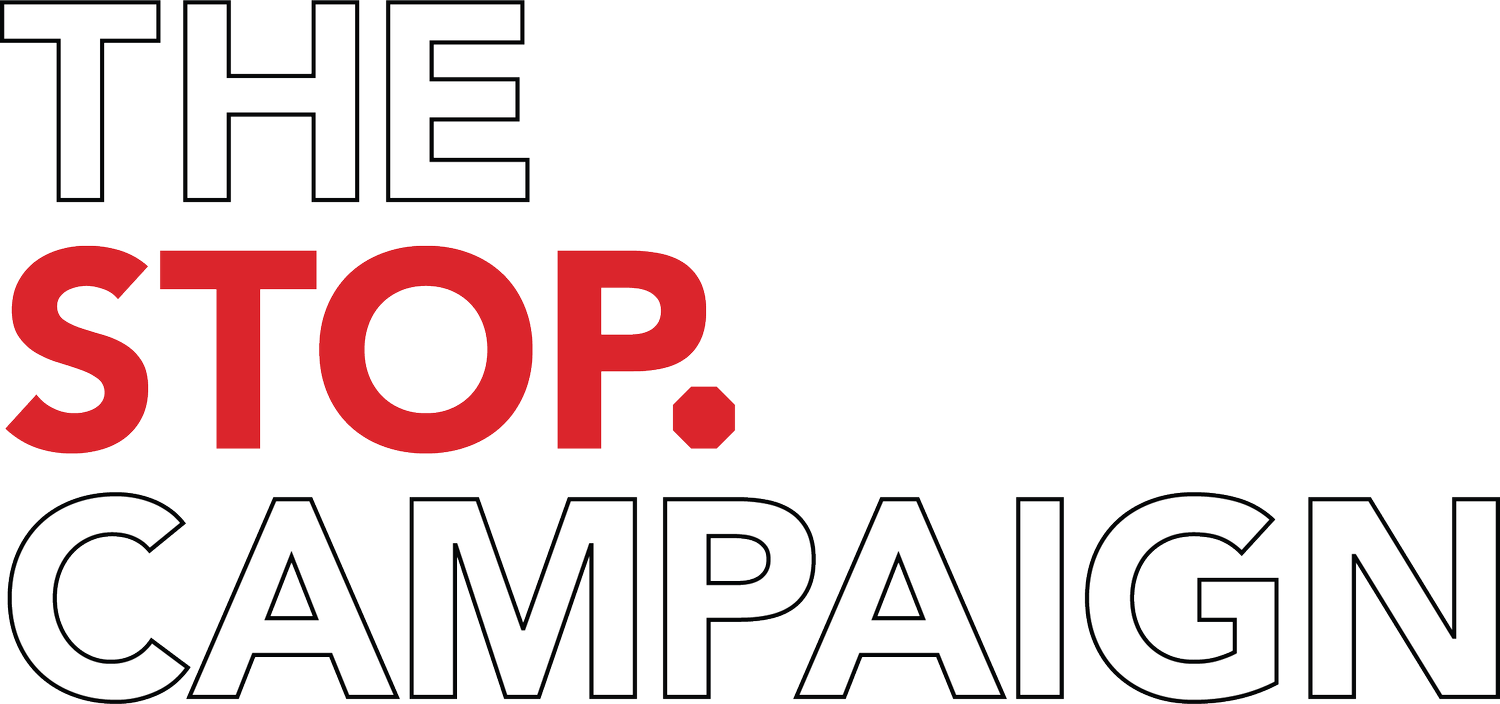Preventing Sexual Violence and Promoting Sexual Wellbeing.
The College Program was a series of education and advocacy workshops for tertiary students in residential halls which aimed to prevent sexual violence and promote sexual wellbeing. The College Program was underpinned by The STOP Campaign’s commitment to the importance of lived experience and peer facilitation to effectively engage students and build safer communities.
The College Program
Key Objectives
•
•
•
Facilitate safe and open discussions about sex and sexual violence, including the behaviours, institutional structures and cultural norms that drive sexual violence.
Equip participants with skills and strategies to respond to sexual violence in their communities, promote ethical sexual relationships and engage in activism and advocacy after program completion.
Provide evidence-informed and trauma-informed educational resources on sexual violence, sexual wellbeing and relevant support services.
Program Structure
Each session begins with an outline of the prevalence and sociocultural drivers of sexual violence in Australia and common myths and stigmas surrounding sexual violence and wellbeing. This is followed by the module/s chosen by the organisers.
Each session concludes with a debrief on how participants can care for themselves, support their communities and seek professional assistance.
The content and structure of sessions can be amended depending on whether participants are student leaders or members of the broader university community.
Explore our College Program resources in our Resource Hub.
Modules
-
Participants will practise how to safely respond to disclosures of sexual violence from victim-survivors, including how and when to refer victim-survivors to appropriate support services.
-
Participants will practise how to safely respond to disclosures from people who may have perpetrated sexual violence and discuss the importance of accountability and recognition of harm caused.
-
Participants will discuss the principles of ethical sex and consent including key legislative frameworks, affirmative consent principles and the gendered context of sexual violence and consent.
-
Participants will learn how sexual health and wellbeing are essential to preventing sexual violence, eliminating harmful stigmas and creating safer communities.
-
Participants will practise how to be a safe and effective upstander against sexual violence and harmful behaviours (rather than a passive bystander), and discuss strategies for intervention and support.
-
Participants will discuss activism and advocacy movements and practices, explore how sexual violence prevention is everyone's responsibility, recognise how collective action is essential to long-lasting change and be equipped with the tools and networks to engage in activism in their communities.



